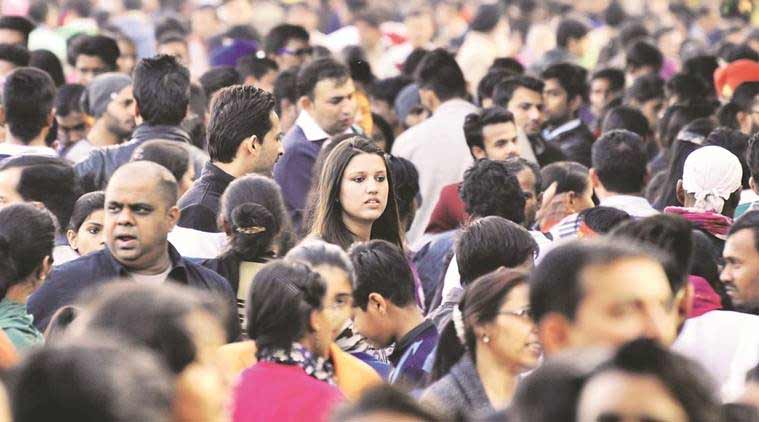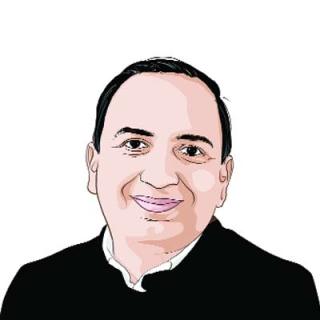The reservation jumla
Quota for upper caste poor is cynical politics, and cynical policy. Since we cannot create enough jobs, the token signal that the poor from the upper castes can be symbolically represented in the state is all that we can now offer. This is in a context where public sector jobs are scarce.

The announcement of 10 per cent reservation for economically backward groups in the upper castes is another example of the travesty that characterises constitutional and political discourse when it comes to reservations. It is cynical politics. It is cynical policy.
There are two realities India faces. This proposal has one element of honesty in it. It admits this government’s massive failure on every front. The stark reality is this. The Indian economy is not generating enough attractive jobs; nor is our education system training graduates properly enough to participate in the economy. In the context of that failure, there has been a clamour amongst the educated upper caste groups like Rajputs for a reservation route to be opened up for them. Since we cannot create enough jobs, the token signal that the poor from the upper castes can be symbolically represented in the state is all that we can now offer. This is in a context where public sector jobs are scarce. As Devesh Kapur has pointed out, per capita India now has fewer IAS officers than it did in the Sixties. Gone are the narratives of a buoyant economy lifting all boats. We are now back to distributing crumbs.
India needs effective forms of reservation or affirmative action, especially for Dalits. But our reservation policy, post Mandal, has more generally become a prime example of majoritarian politics, where the exigencies of politics and power rather than the ethical and moral claims drive entitlements. One of the biggest casualties of this move has been that the historical specificity of the experience of Dalits has been completely occluded. Every other group has managed to don the mantle of victimhood in the same way. The purpose of reservation has been stretched beyond combating discrimination and empowering the truly marginalised, (that is the only thing it does not do), to now an anti-poverty measure, a load it cannot bear. The idea that you can address economic deprivation through reservation is preposterous.
This measure is being enacted against this backdrop. But both the timing and content of this announcement smack of desperation. Some politicians like Nitish Kumar have been discussing this idea for a while. But to introduce a major constitutional amendment like this, a few weeks before elections, by a government that is struggling, is a political afterthought rather than a policy forethought. Like previous reservation measures, it does not allow for a full discussion of better alternatives, some of which might even be used to replace current OBC reservation.







































No hay comentarios:
Publicar un comentario